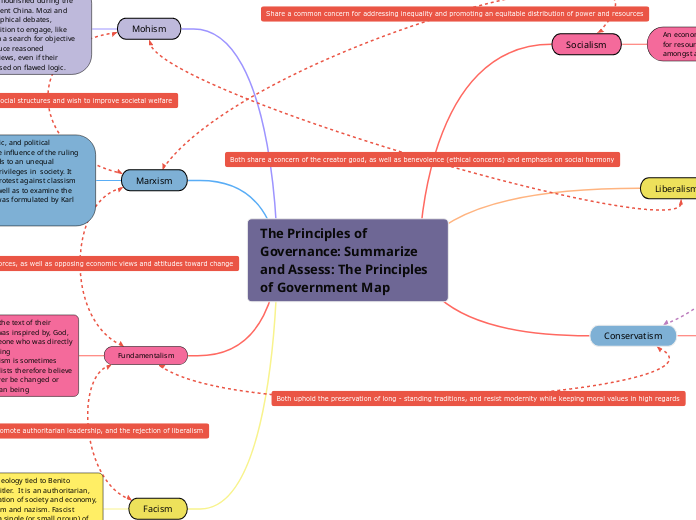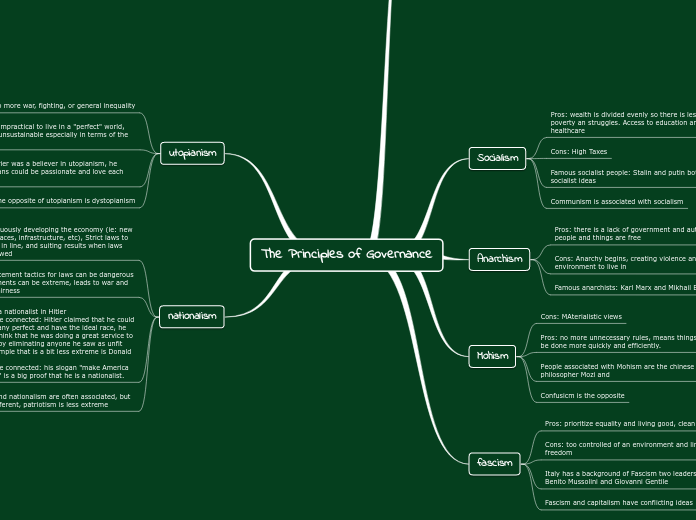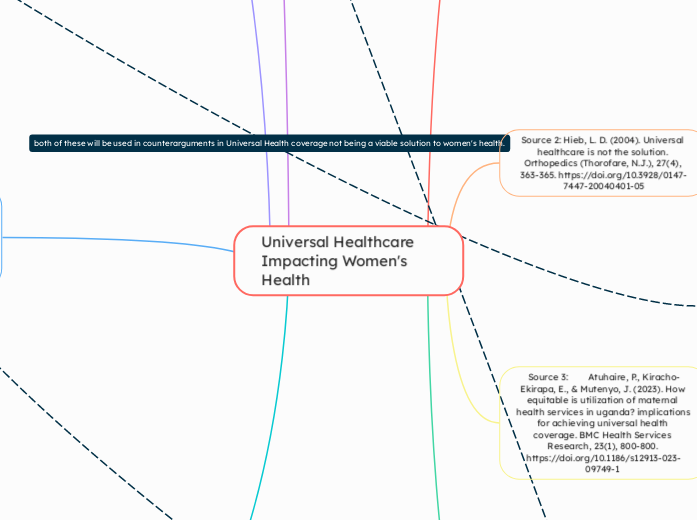по SC - 12KS 1014490 Sandalwood Heights SS 1 года назад
152
The Principles of Governance: Summarize and Assess: The Principles of Government Map
Different political and social philosophies offer distinct perspectives on governance and societal organization. Liberalism focuses on individual rights and freedoms, advocating for government actions that promote equality.









